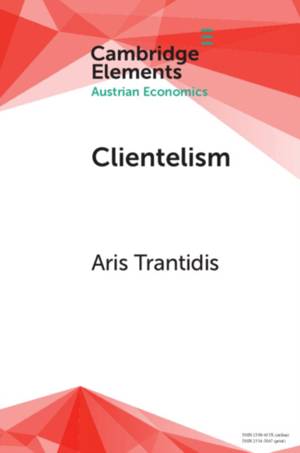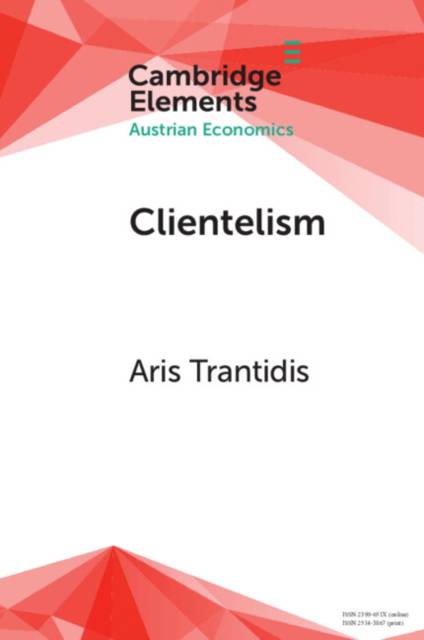
- Afhalen na 1 uur in een winkel met voorraad
- Gratis thuislevering in België vanaf € 30
- Ruim aanbod met 7 miljoen producten
- Afhalen na 1 uur in een winkel met voorraad
- Gratis thuislevering in België vanaf € 30
- Ruim aanbod met 7 miljoen producten
Zoeken
€ 33,45
+ 66 punten
Uitvoering
Omschrijving
This Element examines clientelism and its impact on democratic institutions and markets, emphasizing that, alongside electoral competition, politics hosts two additional arenas: one where political actors seek campaign resources and active supporters, and another where socioeconomic actors pursue access to state-distributed resources. Clientelism emerges from reciprocal exchanges between these actors. Political parties use clientelism to incentivize collective action and organize campaigns. Playing this 'clientelist game', no party can reduce clientelistic practices without risking electoral defeat or internal fragmentation. Clientelism weakens the provision of public goods and skews policymaking to benefit clients over general welfare. Eventually, it generates an economic 'tragedy of the commons', as state resources are overexploited and the economy suffers, while formal institutions often fail to constrain it. Even in advanced democracies like the United States, political competition is not only electoral, targeting voters, but structurally clientelist. This title is also available as Open Access on Cambridge Core.
Specificaties
Betrokkenen
- Auteur(s):
- Uitgeverij:
Inhoud
- Aantal bladzijden:
- 94
- Taal:
- Engels
- Reeks:
Eigenschappen
- Productcode (EAN):
- 9781009707664
- Verschijningsdatum:
- 18/12/2025
- Uitvoering:
- Paperback
- Formaat:
- Trade paperback (VS)
- Afmetingen:
- 152 mm x 229 mm
- Gewicht:
- 136 g

Alleen bij Standaard Boekhandel
+ 66 punten op je klantenkaart van Standaard Boekhandel
Beoordelingen
We publiceren alleen reviews die voldoen aan de voorwaarden voor reviews. Bekijk onze voorwaarden voor reviews.







